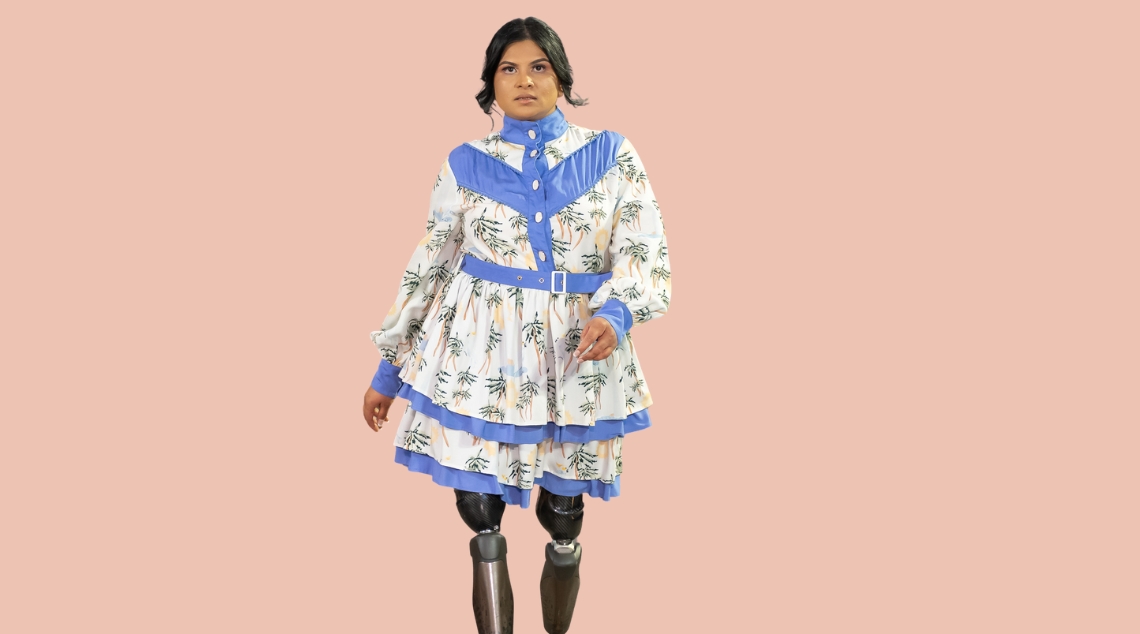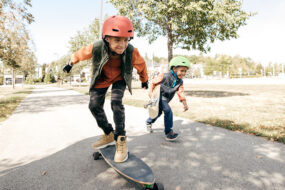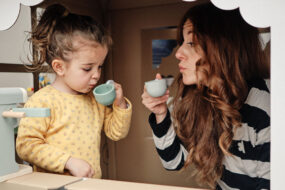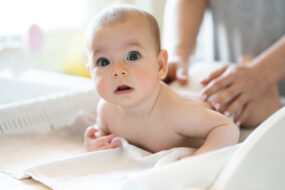Sara Shams: ‘You’re worthy of taking up space’
Meet Sara Shams; a model, speaker, pharmacist and fierce disability advocate who became a bilateral above-knee amputee when she was six. Finding her voice has been a journey.
A genetic birth anomaly meant I was born without the tibia (shin bone).
My family migrated from Bangladesh to New Zealand when I was young and that’s where the decision was made to amputate.
Before that, I had to be carried around a lot, so becoming an amputee was better in many ways because I gained more independence.”
Growing up, Sara felt ashamed of her disability
I was teased quite badly in high school, which had a big impact, but the other thing that made me feel ashamed was how people with disabilities were typically portrayed.
Even now, it’s often the case that we’re seen either as inspirational or as objects of pity.
There still isn’t a normalisation of disability where people are represented as simply being out there living their lives like anyone else.
I can’t tell you how many times I’ve been minding my own business grocery shopping when a stranger comes up and says, ‘Well done, great job’.
It took me a while to realise they were congratulating me just for being out of the house, doing an everyday task.
Even if well intentioned, it reflects what people think I can achieve.
Sara gets frustrated when people ask what sport she plays
I often get asked if I’m in the Paralympics or whether I’m an athlete.
I think Paralympians are incredible, but I feel some people think that if you’re a person with a disability you should be doing elite sport.
As someone who’s not, the message can feel like, ‘You can be disabled but if you’re not an elite athlete then we’re not sure if you’re good enough’.
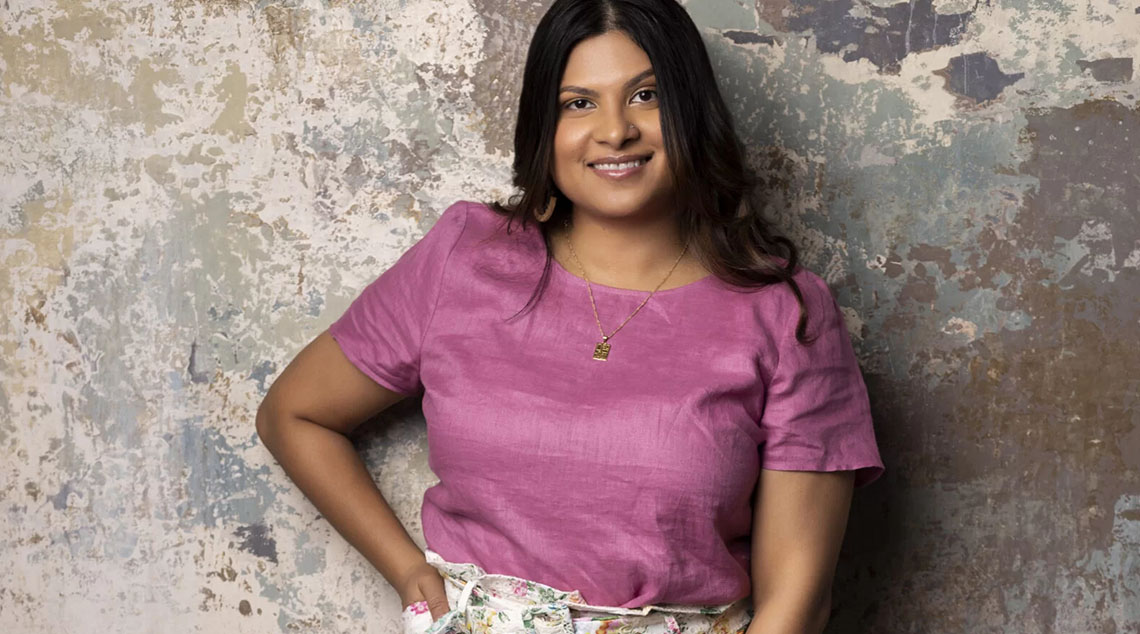
A lightbulb moment had a profound effect
I still felt uncomfortable about my disability even as I turned 30.
I was excelling in my personal and professional life as a pharmacist so I began to question why I felt that way.
I asked myself, “What message am I sending to other people like me?”
I realised I didn’t want to keep the cycle of self-doubt going because if I did, I wasn’t doing anything to break the barriers that people living with disability face daily.
That motivated me to become more active on social media, where I found people like me who were not only surviving but thriving, and I’ve recently joined the boards of two not-for-profit organisations to challenge the under-representation of people with disabilities in boardrooms.
Walking the runway for Brisbane Fashion Week in 2022 was a powerful moment
My motivation to continue to show up on every platform is to see more people like me being represented.
It is my hope that when others see me embracing my disability, it empowers them to feel worthy of taking up space.
But it’s also about changing society’s conceptions around what beauty is.
I truly hope we’ll reach the point one day where it’s not ground-breaking to see someone like myself on the runway or on TV or in leadership roles. It’s why I’m working on being more prominent in that space myself.
Growing up, I never saw people with disability in leadership roles and you still don’t.
It makes me question: why? It’s not because we don’t have the skills.
The mental toll of advocacy
Raising awareness can be tiring and I think a lot of advocates burn out because it can be exhausting.
It’s interesting to remember that anyone could join this disabled minority group at any point in their life.
When you think of it that way, it might be easier to appreciate why the changes we’re advocating for need to happen.
Things she’d tell her younger self
If I could go back, I’d tell her that it’s absolutely OK to be different and to have missing limbs and that you’re not the problem — it’s society and all the barriers that need to be removed that are the problem.
And I’d also say, “You don’t know this now but one day it will be embracing your quirks that will lead you to become the change you need to see”.
More inspiring stories:
- Why Dylan Alcott is driven to help young Aussies with disability
- Em Rusciano: ‘I felt relief, then shame and finally grief’
- Tammy Hembrow: ‘The very first step is showing up’
- Francesca Hung: ‘Feeling invisible can chip away at you’
- Brooke Blurton: ‘I’ve learnt that everyone’s story is powerful’
Written by Karen Fittall.
